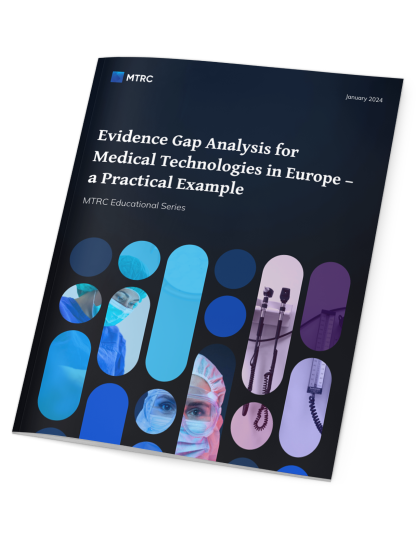
Medical technologies face several market access challenges in Europe, including reimbursement, funding (post-reimbursement approval by payers), and health technology assessment. To overcome some of these challenges, Med Tech companies need to develop clinical and economic evidence to support the value claims about medical technologies.
However, the central question is: what evidence is required? Once several studies are produced, are they sufficient to start market access activities in individual countries? If not, what are the most critical evidence gaps and how do we overcome them?
The general wisdom in the field is that randomized controlled trial (RCT) is required for novel medical technologies. This is, in general, true. However, in many cases, the need for evidence depends on other factors, including unmet clinical need, the existence of standard treatments, the size of the eligible population, and some others. Reimbursement, decision-making, and HTA organizations pay a lot of attention to other topics, including quality of reporting, selection of comparator, selection of outcomes, duration of follow-up, and others.
MTRC helps medical technology companies reduce uncertainty about evidence requirements of key European reimbursement, funding, and HTA authorities and develop a clear plan to address key gaps with clinical and economic evidence. This White Paper presents our approach to this type of project.
Request White Paper
Request an analytical White Paper and advance your understanding of European market access for medical devices
